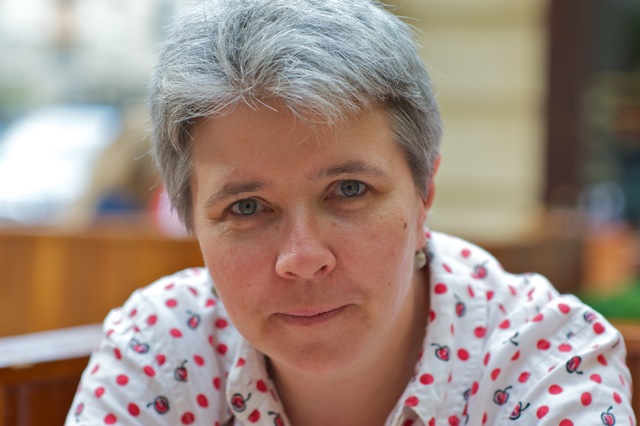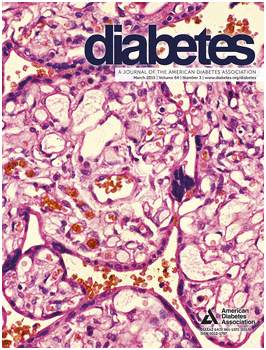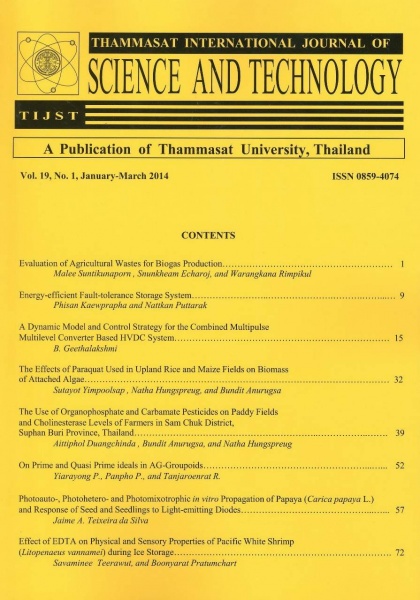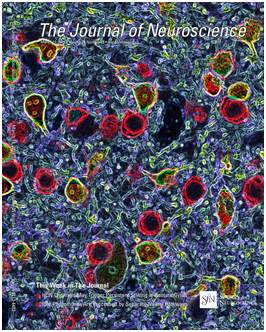New COPE guidelines: Sharing of information among editors
COPE has published new guidance on 'Sharing of information among editors-in-chief regarding possible misconduct'. These guidelines have been issued following a COPE Discussion Forum (4 September 2013) and Discussion Document (February 2014) on the subject. It was initiated in the wake of a number of high profile cases of research misconduct in which the sharing of information between the relevant editors-in-chief (EiCs) was crucial to the final settlement of the cases. Download PDF (136 KB) © 2015 COPE.
New COPE discussion document: Addressing ethics complaints from complainants who submit multiple issues
A new discussion document from COPE on 'Addressing ethics complaints from complainants who submit multiple issues' has now been published and can be read here: http://publicationethics.org/files/Addressing_ethics_complaints_from_complainants_who_submit_multiple_issues_%20Discussion_Document_Web_Version.pdf or downloaded from our website (http://publicationethics.org/resources/discussion-documents). This guidance has been drafted following discussion at the COPE Forum (4 December 2013), in view of the complexities inherent in investigation of complaints from anonymous 'whistle blowers' and, specifically, in response to requests from our members. COPE welcomes feedback on this document and we encourage journal editors and publishers to comment (whether or not they are COPE members).
A companion discussion document 'How to respond to anonymous whistle blowers' can be read here: http://publicationethics.org/files/whistle%20blowers.pdf.
Register now for the COPE European Seminar 2015
There is still time to register for the COPE European Seminar 2015 in Brussels, Belgium, on 16-17 April 2015.
The theme of this year's European seminar is “Weighed and measured: how metrics shape publication (mis)behaviour”. Editors, publishers, authors and all those interested in publication ethics are welcome to attend. The full programme is now available. In addition to the all day seminar on Friday 17 April, COPE is holding a half-day Workshop on Thursday 16 April (2.30-4.30pm) with discussion of ethical cases.
The seminar will include invited talks, a panel discussion and interactive workshops.
The seminar is free for COPE members and £300 for non-members. For more information and to register, see the COPE website
New COPE members
We welcome a new publisher, Copernicus Publications, to COPE.



 Publication and the law
Publication and the law Citation manipulation stopped
Citation manipulation stopped The internet’s hidden science factory
The internet’s hidden science factory Retraction due to unreliable data followed by misconduct investigation
Retraction due to unreliable data followed by misconduct investigation Danish court clears a prominent scientist of research misconduct
Danish court clears a prominent scientist of research misconduct Journal of Neuroscience retracts paper and bans authors from publishing for 2 years
Journal of Neuroscience retracts paper and bans authors from publishing for 2 years